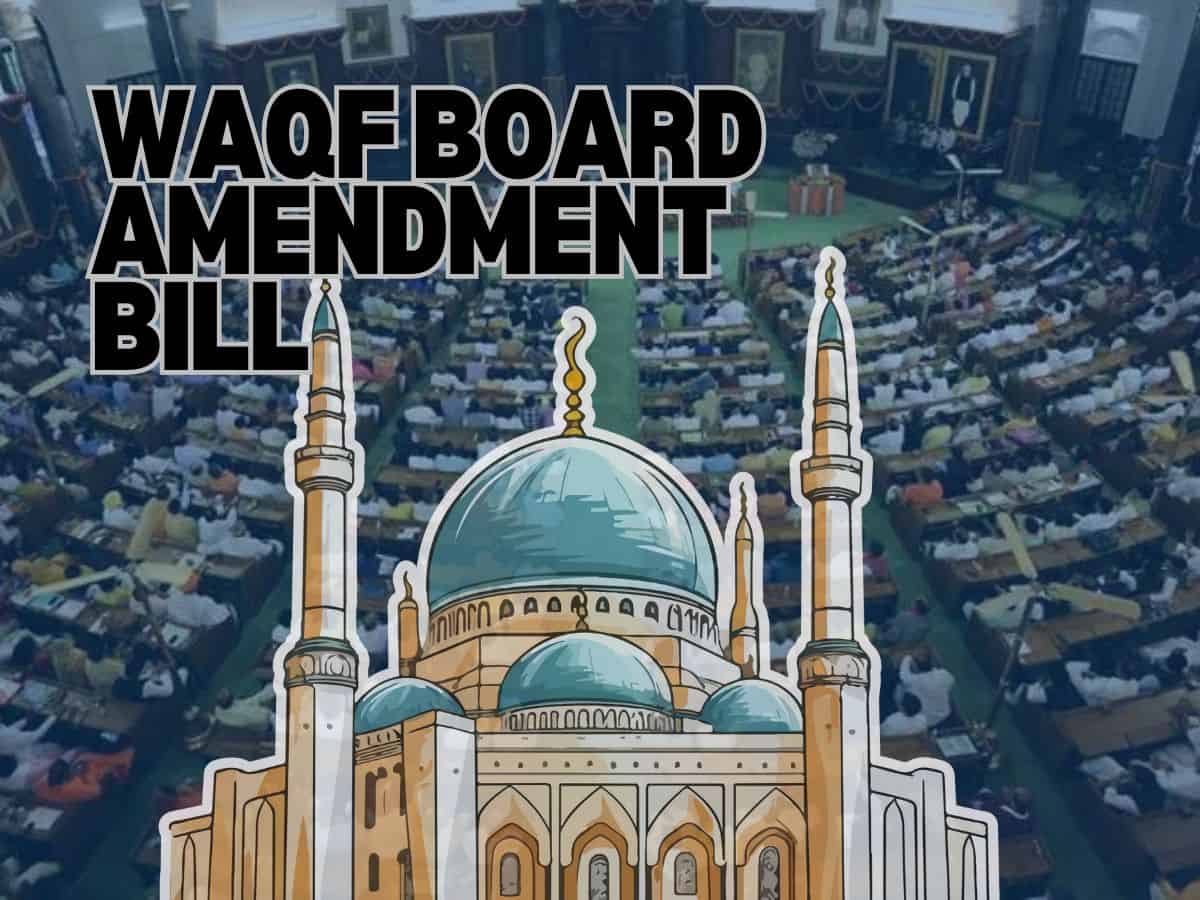
New Delhi: The Joint Parliamentary Committee (JPC), formed to review the Waqf (Amendment) Bill 2024, has so far received around 84 lakh suggestions via email from across India. Additionally, the JPC has received approximately 70 boxes filled with written suggestions.
The JPC had earlier invited feedback from the public and various organisations with regard to the bill. To accommodate more input, the deadline for submissions was extended until midnight on September 16.
JPC Chairman Jagdambika Pal informed the media that the committee aims to engage with all relevant stakeholders to gather their views on the bill.
Addressing concerns related to Islamic preacher Zakir Naik’s appeal and reports of a QR code-based campaign against the bill, Pal clarified that Naik, who has been declared a fugitive and currently resides in Malaysia, has no connection with the JPC or the legislative process.
He also denied any involvement of the JPC in issuing QR codes or participating in related campaigns in any manner.
Refuting claims that the bill is anti-Islamic, Pal questioned the legitimacy of such accusations, stating that this was the first time in history that such a large volume of emails (84 lakh) had been received on a bill.
He pointed out that there has been a Waqf law in place since 1913, which has been amended multiple times, including significant revisions in 1995 and 2013.
The JPC will only consider suggestions relevant to the 44 proposed amendments and those with legal significance.
The next JPC meetings are scheduled for September 19 and September 20.
The committee will hear first from Prof. Faizan Mustafa, Vice Chancellor of Chanakya National Law University, and representatives from various organisations, including the Pasmanda Muslim Mahaz and the All-India Muslim Personal Law Board.
Next, the JPC will engage with members of the All India Sajjadanashin Parishad (Ajmer), the Muslim National Forum, and Bharat First (Delhi).
Between September 26 and October 1, the JPC plans to visit Mumbai, Ahmedabad, Hyderabad, Chennai, and Bangalore to meet with Waqf Board officials, Muslim scholars, and Bar Council representatives.
Additional visits to cities like Lucknow and Kolkata in October are also being planned.
Notably, the two bills — the Waqf (Amendment) Bill, 2024, and the Mussalman Wakf (Repeal) Bill, 2024, were introduced in the Lok Sabha on August 8, with an aim to streamline the Waqf Board’s work and ensure the efficient management of Waqf properties.
The objective of the Waqf (Amendment) Bill, 2024, is to amend the Waqf Act, 1995, to redress the issues and challenges in regulating and managing Waqf properties. The Amendment Bill seeks to improve the administration and management of Waqf properties in India.
It aims to overcome the shortcomings of the previous act and enhance the efficiency of Waqf boards by introducing changes such as renaming the Act, updating the definitions of waqf, improving the registration process, and increasing the role of technology in managing Waqf records.
The primary objective of the Mussalman Wakf (Repeal) Bill, 2024 is to repeal the Mussalman Wakf Act, 1923, a colonial-era legislation that has become outdated and inadequate for managing waqf properties in modern India.



